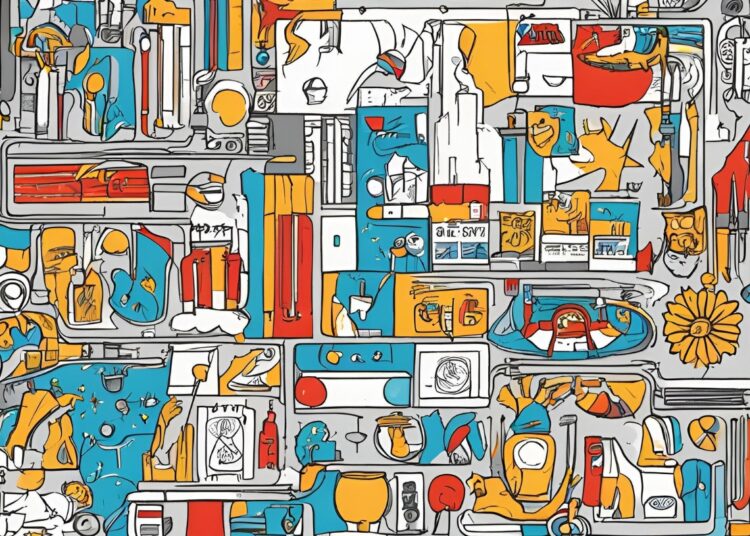In a political discussion, an erudite participant conceptually settled on: “I do not believe in democracy…” Faced with such an outburst, I could not help but wonder: What do political actors who do not believe in democracy believe in?
The great humanist doctrines arise as part of civilizing processes in an incessant evolution. First, they are premises, then alternative ideas that challenge the status quo and that, when they mature, driven by social struggles against injustice, become ideological and political structures and conceptions for which it is worth fighting. This is what happens with democracy.
In pre-industrial European societies (before capitalism), power was exercised in a personal way, without the intervention of any institution, alien to justice and law, and often violently. The club and the whip, not persuasion, were the main tools of power. With the advent of democracy, everything changed. Popular sovereignty, suffrage, constitutions, and laws appeared among other things.
In all cases, democracy alludes to power, who exercises it, and how they do so. According to historical evidence, the process can be lightning-fast, as in the United States and France in the 18th century, or can take centuries and, like all collective construction on a social scale, it will always be unfinished and perfectible.
At the height of the 21st century, when the human species has populated the planet for some 300,000 years, some countries have built and enjoyed democracy for centuries, while others have not gone beyond tribal organization and authoritarian regimes. In some countries, political coexistence is based on great social consensus, and in others, the harshest despotism prevails.
For thousands of years, great cultures and civilizations lived and progressed in isolation from each other, and when they did, the differences were enormous, although not essential. From this arose the evidence that humanity is genetically homogeneous and culturally diverse.
The fact that some countries have progressed faster than others in key issues of culture and technology does not indicate that some were superior to others, but it did support a paradigm of domination that is still in force.
Paradoxically, those in the West who say they do not believe in liberal democracy demand free elections, parliaments, judicial institutions, and better governments. In no case do they aspire to the establishment of cantons, caliphates, theocracies, kingdoms, dynasties, or empires in their countries.
They, the unbelievers, do not defend monarchies, they detest dictatorships and long for a social coexistence free from violence and impositions.
They all want to live in a climate of social justice governed by the rule of law, advanced constitutions, popular participation, periodic and honest elections, and rulers who can be reinstated and recalled.
Faced with the dilemma of answering the question of what those who do not believe in democracy believe in, I conclude that such people, involved in a fascinating and contradictory dialectical process, not only believe but defend what they say they do not believe. It is surreal.
In this case, tension is expressed between the understanding of the phenomenon on a social scale and concrete events that occur when, once the regime based on popular sovereignty, suffrage, and law is established, the democratic path zigzags, retreats, sometimes violently, and lets fall on societies and people a fog that does not allow us to see the horizon. This state of calamity can last for decades.
When democratic procedures have been distorted, recovery takes place over more or less prolonged periods in which executive forms of government can be established in which authentic popular leaders head legitimate revolutions to reestablish democracy. Those who do not believe in it may know what they are looking for; I don’t. See you there.
________________________________________
*This text was originally published in the newspaper ¡Por esto! It is reproduced with the express permission of its author.









